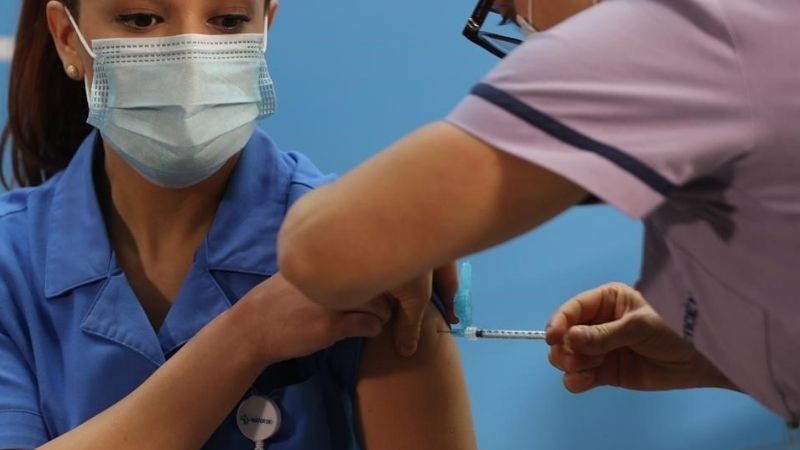The government must increase the rate at which it is administering COVID-19 vaccines if it hopes to achieve even the best case scenario in terms of commitments it made to citizens, according to the President of the Malta Medical Association Martin Balzan.
Speaking to The Shift, Balzan considered all the forecasts and pledges mentioned by the government so far on vaccinating the Maltese population and achieving herd immunity. All would require an increase in daily vaccinations.
While acknowledging that the system has become more efficient, Balzan said that to accomplish what was first pledged – to have herd immunity (80% of the population) by May – 5,000 people would need to be vaccinated every day. That is “10 times the numbers we are seeing now,” he noted.
Health Minister Chris Fearne has said that all vulnerable groups will now be vaccinated by May. Balzan said this scenario is “feasible”, but for it to be achieved an increase in the rate of daily vaccinations will still be necessary. This would also depend on external supplies, he said.
The association’s president clarified that when it is criticising the roll-out for being slow, it is in relation to what the government itself is pledging.
Malta currently ranks among the top 10 in a global ranking by Oxford University looking at the total number of single vaccination doses administered per 100 people in each country worldwide.
From the last week of December until today, approximately 13,200 doses of the vaccine have been administered. Last week, Fearne referred to shortcomings in arrivals hindering vaccinations from increasing to 10,000 per day – the number which, he said, Malta is logistically capable of handling.
Opposition Leader Bernard Grech backed the doctors’ association’s argument, calling for a steady roll-out of 5,000 vaccinations per day (35,000 per week) so the process would not take longer than a year. He slammed the government for “ignoring experts” as well as for telling people that it will be “business as usual by May”.
Grech reiterated this message again on Sunday after The Malta Union of Midwives and Nurses (MUMN) threatened industrial action following shortcomings in administration and logistics in numerous health centres.
The union threatened action on Saturday after footage emerged on Friday showing queues of elderly people outside health centres waiting in the rain to be vaccinated. Such treatment “put the elderly at risk due to lack of insight,” according to MUMN’s president Paul Pace.
MUMN said that such an incident showed that management of Primary Health Care fails, even when it comes to basics, such as organising a proper vaccination strategy. It called for vaccination appointments to be spread out to avoid crowding. The union said that it will be declaring an industrial dispute if several conditions are not met immediately.
“It is clear that Primary Health Care management failed to address these issues due to a CEO who would not even consider consultation prior to starting the vaccination programme,” the union said.
The union had said that it will be meeting nurses working in Primary Health Care to check for any more difficulties being faced, “since it is clear that the issues of the nurses have always been ignored by Primary Health Care management.”












